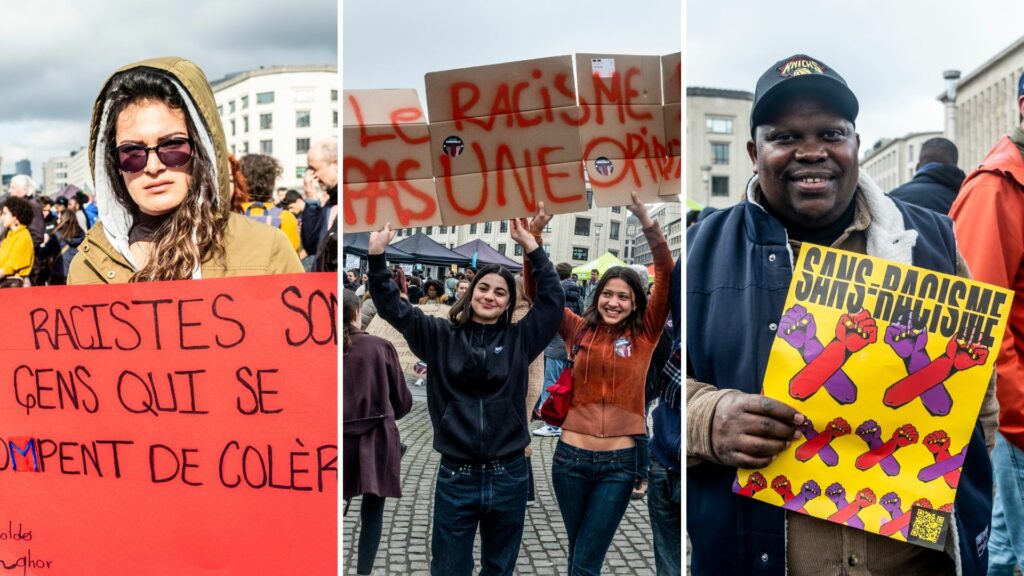Many employees in Belgium still face racism in their workplace, the federal anti-discrimination and anti-racism organisation Unia reported. It is therefore calling on a compulsory prevention policy and a strengthening of labour inspection.
Unia opened 670 complaints made on racial grounds in 2023 – with nearly a third of these racism cases concerning the labour market, the organisation reported on Tuesday ahead of the International Day Against Racism on 21 March.
Of the 200 files, Unia opened that related to work situations, about half related to problematic relations with colleagues, clients or supervisors. The issues often involved harassment.
"This includes someone who ends up resigning because she is regularly insulted because of her ethnicity without the human resources department responding," Unia wrote in its report. "Another case concerned a person who was harassed by a supervisor and whose contract was not renewed despite positive reviews from other colleagues."
Finally, candidates are often already discriminated against before being employed. For example, one woman applied for a job and got no response when she used her foreign-sounding name, but was then invited when using a Belgian-sounding name.
Actively preventing and responding
Unia Director Els Keytsman stressed that there are ways to reduce these figures, adding that explicitly focusing more on prevention would mark a major step forward. The organisation is calling for companies to be obliged to introduce a policy to prevent discrimination in the workplace, along the lines of what exists for well-being at work, under the federal anti-discrimination laws.
"This would enable each company to identify the risks of discrimination within its ranks," Keytsman noted. "As part of this, an internal reporting procedure should be introduced to enable the employer to react quickly and appropriately in the event of a high-risk situation."
Unia wants to strengthening of the labour inspectorate. In recent years, the body was given additional powers to fight discrimination more effectively through mystery calls or testings, but Unia argued that more is needed, more specifically an active approach because job applicants often do not know they are being discriminated against.
Related News
- The ultimate taboo? What Belgium teaches children about its colony in Congo
- 'Impunity and invisibility': Protesters against police violence take to streets of Brussels
"For example, we recommend using data mining and algorithms that systematically look for behaviour in company databases that could indicate discriminatory practices. Based on the information collected, competent inspectorates could, on their own initiative, conduct more targeted checks in a sector where discrimination is suspected." Using more simple techniques it can compare a company's workforce composition with the average in that sector.
Of the 670 racial files, another 25% were opened in the 'living together' domain and 15% in the 'goods and services' domain (rent discrimination, public transport, trade, etc.)

